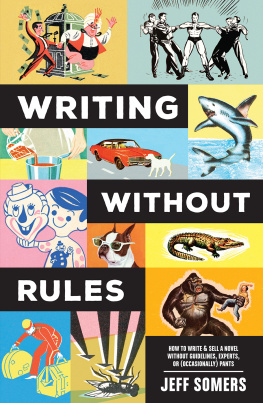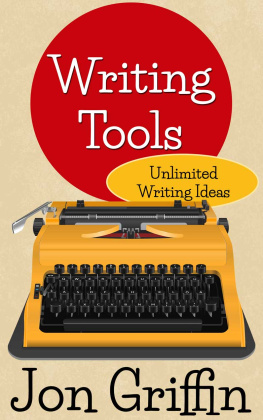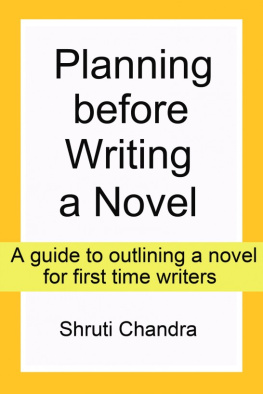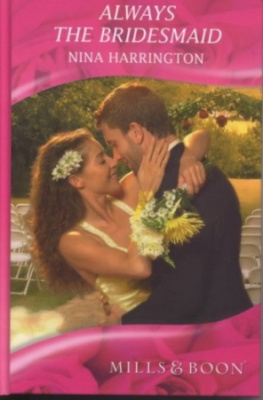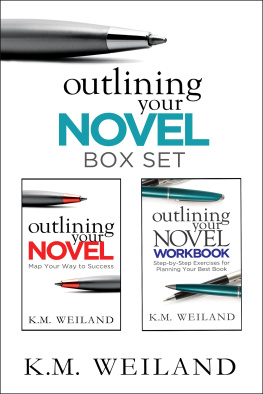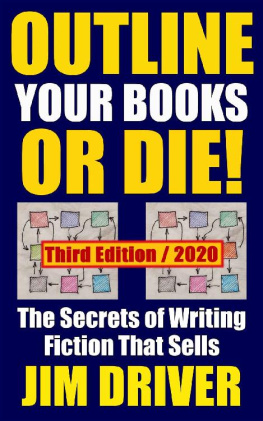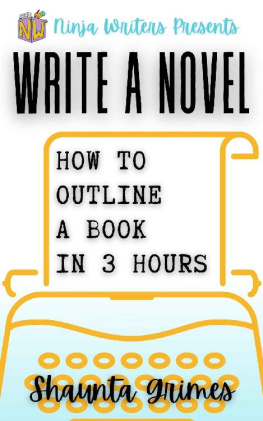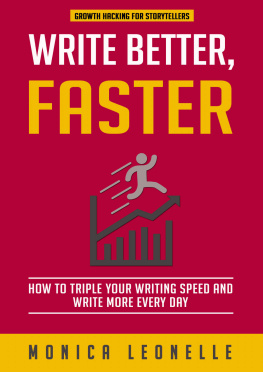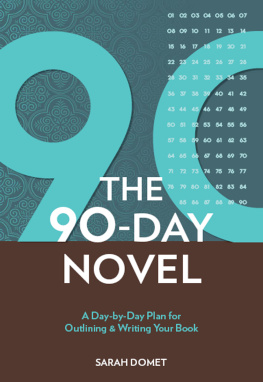Take Off Your Pants!
Outline Your Books
for Faster, Better Writing
Libbie Hawker
CONTENTS
The Power of Confidence
January 15 th , 2015 was a big day for me. Id just accepted an offer from Lake Union Publishingmy second book deal with my publisher. A few weeks before, Id sent them a proposal for a new historical novel, along with a rough draft of the first few chapters so they could get a feel for its narrative style. Now that I was ready to sign the contract, it was time to iron out a few production details.
Id like to make this new book your November release, Jodi, my editor, told me. That way we can follow up Tidewater with a new novel under our imprint, six months after Tidewaters re-launch.
( Tidewater , which Id self-published in July of 2014, had been picked up by Lake Union in the fall, and was slated for a re-release under LUs imprint in May.)
November sounds great to me, I said.
Jodi asked hesitantly, How soon do you think you can get this book written? If we want to release it in November, we might need to get it through developmental edits as soon as the last week of March. Ill have to check the editors schedules, but it could be a tight squeeze.
No problem, I said, without a stitch of worry. I can definitely do that.
Uhhh, Jodi replied, well need time to give it a thorough edit.
I know, I said. How does February 7 th sound? That should give us a little more than six weeks for developmental edits.
Are you sure you can do that? Jodi asked. February 7 th is only three weeks away.
Yep, I assured her. Ive done it beforewritten a novel of the same size in just three weeks. In fact, Ive done it a couple of times. Ive already got the entire book outlined. The story is ready to go; all it needs now is words. I can give it plenty of words in three weeks, believe me. Ill have the first draft to you by February 7 th .
That same afternoon, I dusted off the outline of my new historical novel and looked back over it to re-acquaint myself with the story. I remember smiling and nodding as I read it. It was little wonder that Lake Union had been so enthusiastic about the proposal. The story was sound and whole, with a fascinating central character and a compelling plotthe kind you cant look away from. Even in outline form, the story felt complete, with a clear set of problems for the main character to tackle, rising tension, logical flow from one scene to the next, and an ending that felt deeply satisfying, even if it was a little bit sad. This would definitely be a good book, well-paced and rich-feeling. Readers were almost guaranteed to love it. I had no reason to doubt it; I could see the books quality in its bare bonesin its outline.
I knew my average typing speed, and even factoring in my usual two days off per week and a few extra no-work days in case of illness or emergencies, I was 100% confident that I could turn in a quality first draft by my three-week deadline. As it happened, the worlds worst cold nearly did thwart my efforts, but I still managed to hand in the rough draft, all 92,000 words of it, by 10 p.m. on February 7 th .
Maybe youre asking yourself how the heck any author can be so confident in her own writing that she can commit to delivering a brand-new novel in just three weeks. Maybe youve tried outlining before and cant fathom how a simple outline could give me the assurance I needed to set such a tight deadline. Maybe you think Im totally deluded, and that I ought to rely much more on beta readers and extensive peer feedback before I decide that I can produce good books at a rapid clip.
But there really isnt any secret to gaining this kind of confidence in your worknor is delusion necessary. When you plan a story the right way, you guarantee a tight, compelling structure that keeps readers turning pages and delivers a satisfying reading experience from start to finish. And really, a satisfied reader is all you need for a good book. Some might argue (with good reason) that satisfied readers are the only marker of quality that really matters.
If theres any secret involved here, its this: no matter what your genre, no matter what age group you write for, whether you write drabbles or flash fiction or short stories or epic tomes stretching over several thousand-page volumes, you can know exactly how to reach your readerhow to touch them in a way they cant ignore, how to compel them to keep turning your pages until they finally reach the end of your book. You can learn how to give them a good book, and once you know what elements readers universally connect with, you can objectively evaluate your own books and determine for yourself whether they are good or notwhether their plots are sound, their characters intriguing, and their payoffs satisfying.
You see, every reader responds favorably to the same basic, deep-down, core elements of story. Story itself is a particular thinga very specific something that we recognize by instinct. Story follows familiar patterns, and speaks to the human consciousness (and subconscious) in unique yet instantly recognizable ways.
In this short ebook, Ill show you how to plan out a good story before you even begin writing it, so that you can maximize your efficiency, increase your confidence in your own work, and be assured of delivering a quality product to your readers, without wasting any time or embroiling yourself in anxiety over the particulars of your plot. My method for assembling a story is easy to follow and universal. It works equally well no matter what you write: kids books, adult novels, memoir, and narrative nonfiction of any length. It will dramatically increase your speed and ratchet up your production. With a little practice, it might even allow you to write a new novel in three weeks time!
But before I can show you how and why this method works, we need to put paid to a very familiar debate
Plotters > Pantsersat least when it comes to speed
Are you a plotter or a pantser?
If youve spent any time on writers forums, listened to writing podcasts, or read blogs about writing, youve certainly encountered this question. Youve witnessed the discussionor more likely, the debatethat the plotter/pantser query inevitably spawns.
Theres no doubt that writers love to hash out the relative superiority of plotting (outlining the specifics of a storys action before you begin writing the story itself) versus pantsing (flying by the seat of your pants; going with the flow) endlessly, and in great detail, whenever the opportunity arises.
Maybe youve even asked yourself this question in your moments of quiet introspection. Am I a plotter or a pantser? If I prefer one camp, should I force myself to switch to the other? Is one method truly superiorwill one method deliver results that bring me closer to my personal goals as an author?
Invariably, the debate over plotting versus pantsing ends in a drawsomebody, usually a forum moderator, will state that whatever method works for the individual is just fine and dandy, the thread will be locked, and riled writers will move on with their lives, at least until the following week, when some forum newcomer will start the debate all over again. Conventional wisdom, then, dictates that whatever method works for you simply works for you, and one is not inherently superior to the other.
In broad, general terms, I agree. If youre comfortable with your method and it delivers results you like, then it works for you, and you shouldnt fix what isnt broken. But youre reading this book for a reason: because you want to learn how to outline in a way that increases your speed and your confidence in your own books. And that means youre probably not very satisfied with the method youre currently using, whether its pantsing or plotting.
So at the risk of making myself very unpopular, Im going to go out on a limb and state boldly that there is, in fact, a superior method for writing a book IF and thats a very particular ifyour goals include establishing a full-time writing career.
Next page

